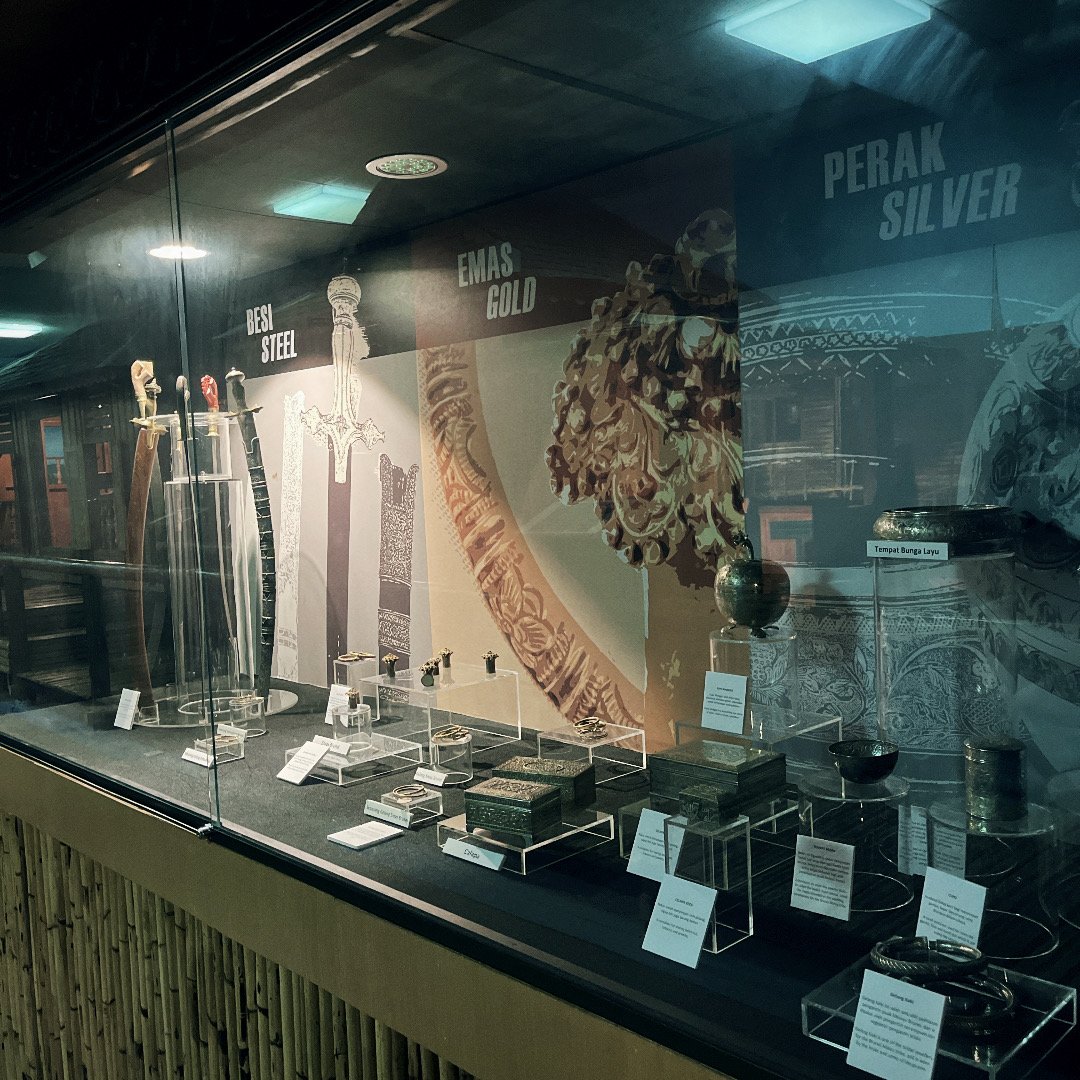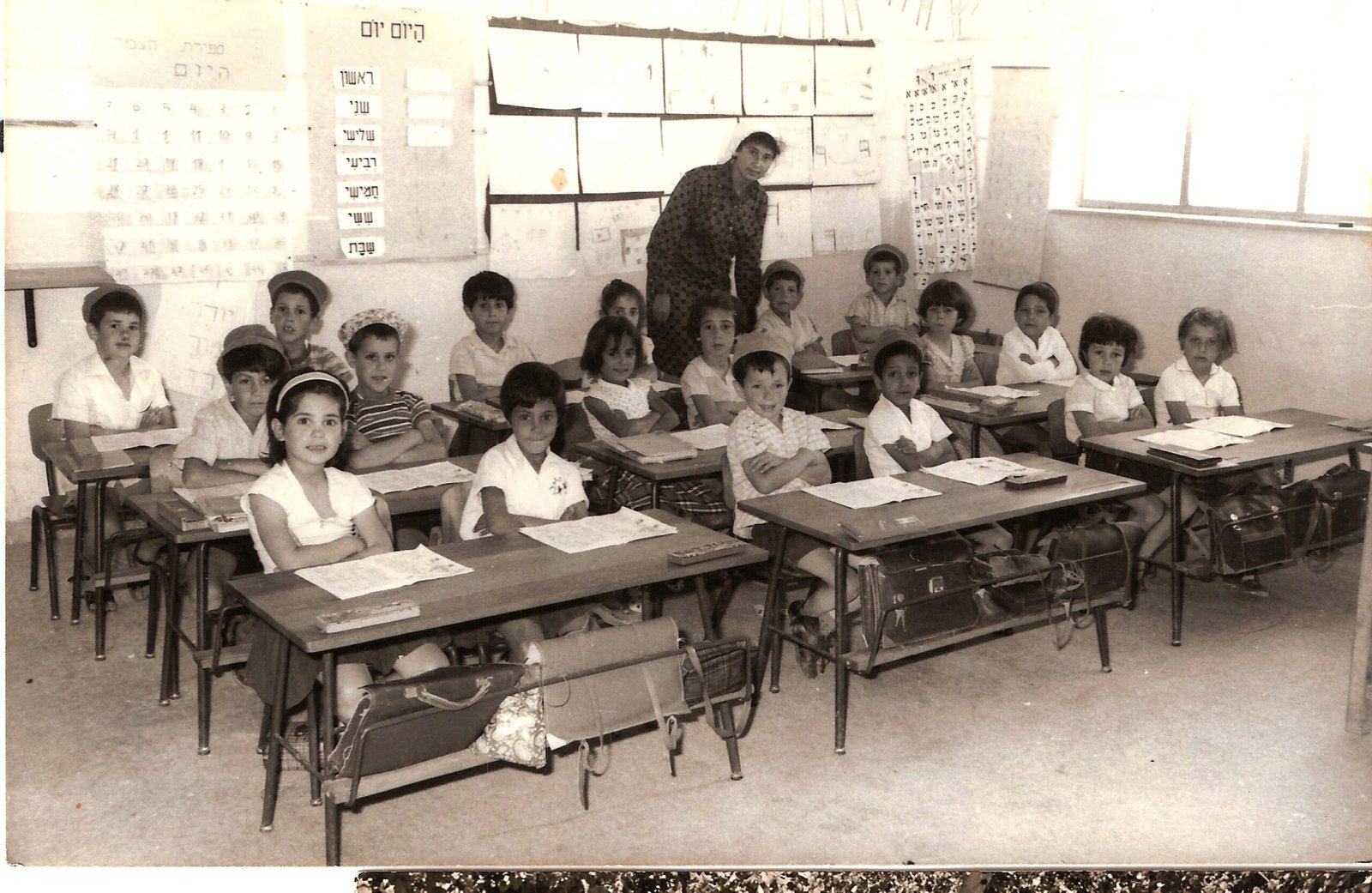Walking through a city lit up by the latest technology, it’s easy to feel awed by our endless capacity for invention. Dazzling devices, AI assistants, self-driving cars, and smart homes promise a brighter future. But under the surface of all this progress, there’s an unsettling truth: as we race ever faster into tomorrow, we’re quietly leaving pieces of our collective memory—and maybe our wisdom—behind. Innovation is thrilling. But could our obsession with the new be erasing lessons, culture, and even survival skills we desperately need? Let’s explore the overlooked dangers of forgetting our past in a world racing towards the future.
The Acceleration of Change
The pace at which technology evolves today is nothing short of dizzying. Just a generation ago, cassette tapes and floppy disks were cutting-edge. Now, they’re relics, gathering dust in attics. This rapid turnover means not only do gadgets become outdated quickly, but so do the ways we think and interact. Societies that once prized slow, careful progress now chase after the latest trends and devices, often without pausing to consider what’s left behind. When change outpaces memory, traditions and accumulated wisdom struggle to keep up, leaving gaps that can’t be easily filled. It’s like swapping chapters in a book before you’ve finished reading the last one.
Vanishing Traditional Knowledge
For centuries, indigenous cultures preserved knowledge of plants, animals, and weather patterns—wisdom essential for survival. As digital maps and online databases replace oral storytelling and hands-on apprenticeships, this deep-rooted know-how risks disappearing. It’s not just about losing quaint customs. In places like the Amazon, traditional botanical knowledge has led to medical breakthroughs—cures and treatments modern science might miss. When innovation sidelines tradition, we lose a library of solutions built over generations. The loss is invisible but profound, like erasing a hard drive before backing it up.
Digital Amnesia: Outsourcing Our Memory
Smartphones, search engines, and cloud storage have transformed how we store information. But by outsourcing our memory to machines, we’re weakening our mental muscles. Psychologists call this “digital amnesia”—the tendency to forget information that’s easily retrievable online. Instead of remembering phone numbers or directions, we rely on devices, losing skills that once defined human intelligence. This shift isn’t just about convenience; it’s about changing the very way our brains work. Over time, we might become brilliant at Googling but poor at recalling, connecting, and reflecting.
The Erosion of Handcrafted Skills

Artisanship, whether it’s woodworking, tailoring, or pottery, used to be passed down through families and communities. Now, mass production and automation have made many of these skills obsolete. While factories churn out goods faster and cheaper, the fine art of making things by hand is fading. This loss goes beyond nostalgia—a world without makers risks losing resilience and creativity. When the power goes out or the supply chain breaks, who will fix, build, or improvise? Our hands can do so much more than swipe and tap.
Historical Blind Spots in Decision-Making
History is full of missed warnings and repeated mistakes. Yet, as innovation sweeps away old ways, decision-makers sometimes ignore hard-won lessons. The 2008 financial crisis, for example, echoed patterns seen in earlier collapses, but key regulators failed to remember—or heed—the past. In fields from medicine to engineering, forgetting historical failures can lead to tragic consequences. The rush to adopt new technology without understanding its history is like driving without looking in the rearview mirror—exciting, until something jumps out in your path.
Cultural Identity at Risk
Culture is more than food, music, or language—it’s the shared stories, rituals, and memories that bind people together. As global trends and digital media spread, unique traditions can be overwhelmed. Young generations might favor global pop stars over local storytellers, or adopt new languages at the expense of their mother tongue. When innovation outshines heritage, communities may lose their sense of belonging and continuity. The world becomes more homogenous, but also less rich, less surprising.
The Disappearance of Analog Experiences

Remember writing a letter by hand, or developing photos in a darkroom? These analog experiences offered a sense of connection and patience that digital shortcuts can’t replicate. Vinyl records, film cameras, and handwritten journals required attention and care. Today’s instant everything risks making us impatient and less mindful. Researchers have found that tactile, slow experiences build memory and emotional depth—qualities missing in the tap-and-delete era. When everything becomes digital, the texture of life itself can feel thinner.
Environmental Wisdom Forgotten

Older generations often held a deep respect for nature, guided by seasonal rhythms and careful stewardship. Their lessons about crop rotation, water conservation, and wildlife protection were built from hard experience. Modern agriculture and urbanization sometimes override these insights with technology, but not always successfully. As we face climate change and biodiversity loss, forgotten wisdom about living with the land could be the missing piece in our search for solutions. The past isn’t just history; it’s a toolbox for survival.
Loss of Interpersonal Communication Skills
Texting, emailing, and social media make communication faster, but they also strip away nuance. Face-to-face conversation teaches empathy, patience, and conflict resolution—skills vital for healthy relationships and communities. As digital tools become our primary way of connecting, these social muscles weaken. Misunderstandings multiply, loneliness grows, and the art of real conversation withers. The result is a paradox: more connected, yet somehow more alone than ever.
The Risk of Reinventing the Wheel
When companies or countries ignore the past, they often repeat old mistakes, wasting time and resources. Engineers may rediscover problems already solved, or scientists may pursue dead-end theories once debunked. This isn’t just inefficient—it can be dangerous. In medicine, forgetting why a treatment was abandoned can lead to patient harm. The urge to innovate is powerful, but without a map of where we’ve been, we risk circling back to old errors disguised as progress.
The Fragility of Digital Records
Many believe that storing information online makes it safe forever. In reality, digital archives are surprisingly fragile. Hard drives crash, formats become obsolete, and cloud services shut down. Historians warn of a “digital dark age,” where future generations may know less about us than we do about ancient Rome. Handwritten letters and printed books can last centuries; a corrupted file is gone in an instant. If we forget how to preserve memories, much of our story could vanish with the click of a button.
The Overconfidence of Technological Solutions
A common belief is that technology will solve all our problems. But this faith can blind us to risks and unintended consequences. New drugs, machines, or systems often have side effects nobody anticipated. When we forget to ask, “What went wrong last time?” we repeat errors with higher stakes. The Challenger space shuttle disaster, for example, was partly due to ignoring past warnings. Innovation is thrilling, but humility keeps us safer.
Education: Teaching the Past for the Future

Schools increasingly focus on coding, STEM, and the skills of tomorrow. While these are vital, there’s a danger in neglecting history, literature, and critical thinking. Students who don’t know the past may lack context for the present—and miss patterns that could help them innovate wisely. The best inventors build on the shoulders of those who came before. A future that forgets its roots risks growing in the wrong direction.
The Emotional Toll of Constant Innovation
Change is exciting, but it can also be exhausting. People feel pressure to keep up, to upgrade, to never be left behind. This stress can breed anxiety, nostalgia, or a sense of loss. Psychologists see a rise in “future shock”—the disorientation that comes from too much change, too fast. Embracing the new shouldn’t mean mourning the old, but finding a balance is hard in a world that prizes novelty above all.
Nature’s Lessons Ignored
Nature is the original innovator, with millions of years of trial and error. Animals, plants, and ecosystems offer blueprints for resilience, cooperation, and adaptation. Yet, as we push boundaries with synthetic biology and AI, we sometimes forget to look to the natural world for inspiration. Biomimicry—learning from nature’s designs—has led to breakthroughs in medicine, engineering, and architecture. When we ignore nature’s past successes, we miss out on solutions hiding in plain sight.
The Value of Remembering
Memory isn’t just nostalgia—it’s the anchor that keeps us grounded as we chart unknown waters. Remembering mistakes helps us avoid them, and honoring traditions gives us a sense of belonging. The most successful innovators are those who combine fresh ideas with deep respect for what came before. It’s not about slowing down progress, but making sure we don’t lose ourselves in the rush. The future is bright, but it shines brightest when lit by the lessons of the past.
Finding Balance: Innovation With Memory
The challenge is not to halt innovation, but to weave it together with memory, empathy, and wisdom. Museums, oral histories, apprenticeships, and even family stories can safeguard what matters. Companies and communities that value both old and new tend to be more resilient and creative. The real risk isn’t moving forward—it’s forgetting what made us who we are. Progress fueled by memory can be both bold and wise, offering hope for a future that honors the best of what’s gone before.



